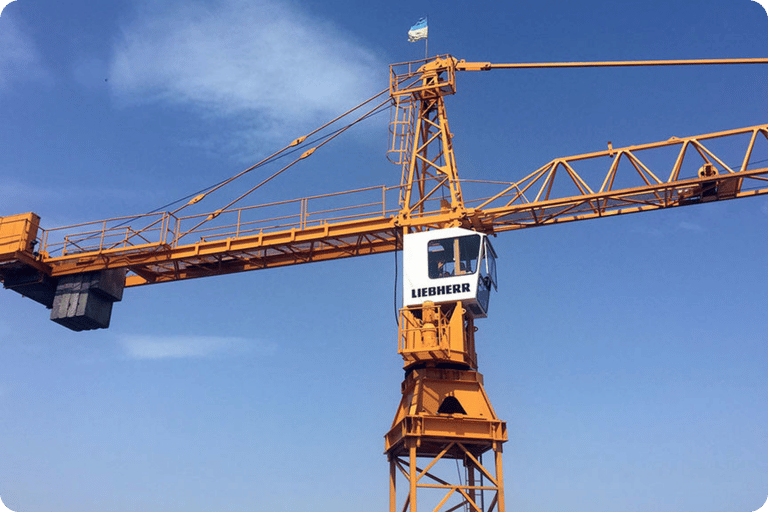Are you looking for a comprehensive way to certify your personnel and make sure that they have the skills to operate a range of construction plant safely? If so, then there are two primary certification schemes available – CPCS and NPORS. But what is the difference between these two options? In this blog post, we will provide an overview of each scheme and explain how they differ, based on both their structure and the qualifications they offer. By having an understanding of the differences between CPCS and NPORS, it may make it easier for businesses in the UK to choose which one is right for them. For more information, check out SBSkills.co.uk
CPCS and NPORS are the two primary standards for recognizing operator competence in the construction plant industry. CPCS stands for the Construction Plant Competence Scheme, and is Europe-wide program offering a variety of training courses designed to help operators become proficient in using their construction machinery. NPORS stands for National Plant Operators Registration Scheme, and it concentrates on developing job-specific schemes related to health and safety while operating a variety of construction plants. CPCS and NPORS are essential t oacquiring qualifications, certifications, and endorsements needed by individuals working in or around plant machinery in the UK. Together, CPCS and NPORS give individuals the knowledge they need to be approved as certified professionals when dealing with authorized construction projects.
Difference between the two schemes
CPCS and NPORS are two different schemes that exist to ensure the competency of plant operators in the construction industry. CPCS is the Construction Plant Competence Scheme, and it covers a wider range of topics than NPORS, or the National Plant Operators Registration Scheme. CPCS requires individuals to take tests or have other forms of verification, such as past experience, in addition to completing courses in health and safety and other key aspects related to operating a construction plant. Alternatively, the lesser-inclusive NPORS scheme only requires individuals to complete general training courses before receiving their certificate. Both CPCS and NPORS are valuable schemes for demonstrating an individual’s ability to work safely and competently with construction plants.
When it comes to managing hazards on a work site, the National Plant Operators Registration Scheme (NPORS) provides numerous benefits. For example, NPORS offers operators and employers a qualification that is both recognised and accepted across the UK construction industry. Alongside CPCS (Construction Plant Competency Scheme), it helps ensure operatives have achieved a safe plant knowledge level before operating machinery. Additionally, NPORS has an impact on reducing insurance costs for sites as operators are better equipped to manage risks when adhering to CPCS or NPORS qualifications.

CPCS is a recognised competency scheme for construction plant operators, with specific benefits to ensure the safety and quality of works on site. CPCS allows plant operators to prove they have the necessary qualifications and experience to carry out their roles safely and proficiently. It also ensures employers are compliant with legislation and standards, providing assurance that their work meets expected safety levels. CPCS also helps employers gain best value when hiring within their workforce as well as helping supervisors assess training needs & monitor performance levels. CPCS provides many advantages to all involved in construction, making it an important scheme which should be considered alongside NPORS.
Ultimately, it is important to think about the different options when deciding which to go for either the NPORS or CPCS qualification. While both are extremely valuable and can open doors in various industries, depending on individual circumstance you may decide that one works better for you than the other. For instance, if you live in a rural area then NPORs is ideal for you as that’s where it gives out most of its qualifications. The CPPC also offers access to training courses and has a more extensive range of equipment and machines available compared to NPORS – giving people a more comprehensive view of the sector they work within. Regardless, being accredited with either scheme can provide an individual with valuable and comprehensive insight into their occupational field as well as increase their chances of securing jobs.

